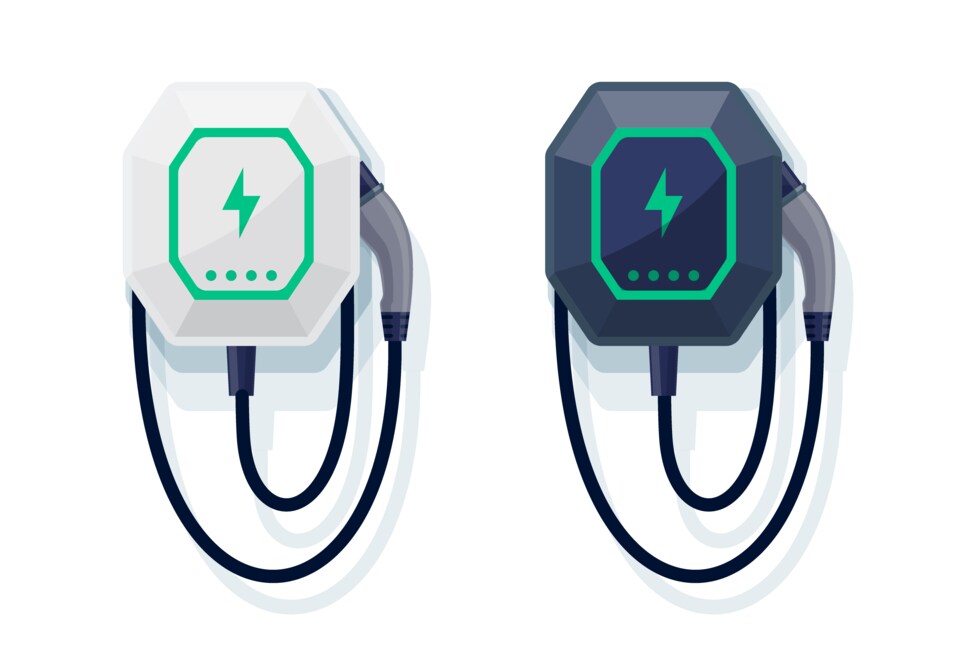
Why Buy Electric? Explore the Many Benefits of EVs

Why Choose an Electric Vehicle at McCurley Subaru of Yakima?
Exploring electric vehicle (EV) options near Ellensburg? Check out the new Subaru Solterra at McCurley Subaru of Yakima. Our EV experts can help you discover all the ways an electric vehicle can be a great option for your driving needs. Not only are they eco-friendly, but they offer incredible performance and financial benefits.

Benefits of Electric Vehicles
Electric vehicles are fun to drive and have many great benefits that make them more affordable in the long run than gas vehicles. Our dealership near Sunnyside and Moses Lake can also help you save on a new Solterra with federal tax incentives of up to $7,500 on new leases. Say goodbye to wildly fluctuating gas prices and tailpipe emissions with our eco-friendly, pure electric vehicles. Additionally, EVs have the following great benefits:
- Zero Fuel
- Zero Emissions
- Very Little Maintenance Requirements
- Available Incentives
- HOV Lane Access
- Convenient Charging at Home or Public Charging Stations
- Impressive Performance
Electric Vehicle Frequently Asked Questions
How long does it take to charge an electric vehicle?
The amount of time it takes to charge an EV depends on the connection type and the vehicle's capabilities. Every EV comes with a portable charger for owners to plug into a standard wall outlet in a typical home through a Level I (120-volt connection). This is the slowest but safest way to recharge an EV, and it can take more than a day for an EV to go from 10 to 80 percent.
Another option is a Level II (240-volt) connection, which is the same type of connector that an electric clothes dryer uses in a typical home. EV owners can upgrade to a Level II charger in their homes by hiring a licensed electrician. Level II chargers reduce the total charging time to about six hours. Drivers can also find Level II charging stations near work or shopping centers for convenient charging on the go.
The third option is DC Fast Charging. Not all electric vehicles are capable of fast charging, but the Subaru Solterra can recharge at a public charging station in as little as 28 minutes (10 to 80 percent) with the fastest available speed.
How much does it cost to charge an electric vehicle?
Charging an electric vehicle costs far less than filling up at a gas station around Union Gap. The cost of a charging session depends on where you are charging, how much the rate is per kilowatt-hour, and how much charge is regained during the session. The average electricity rate in Yakima, WA, is 10 cents per kilowatt-hour. The total capacity of the Subaru Solterra's battery is 72.8 kilowatt-hours. So, if you were to charge from zero to 100 percent, it would cost $7.28 at the ten-cent rate. The Subaru Solterra can go up to 227 miles on one fully charged battery.
Are electric vehicles better for the environment?
Yes. While there is some debate about the environmental impacts of battery recycling issues, personal transportation is one of the biggest contributors to carbon emissions because of the toxic fumes emitted by gas vehicles. By driving an EV, you completely eliminate tailpipe emissions for your personal transportation needs and drastically lower your carbon footprint.
Do electric vehicles have transmissions?
Yes, but not in the traditional sense. EVs have a single-speed transmission that controls the power output to the electric motor. There are no gears or transmission systems like in gas vehicles that need maintenance.
Do electric vehicles need oil changes?
No. Electric vehicles don't need engine oil. You can expect very little maintenance, which makes them cheaper to own in the long run than gas-powered vehicles. EVs typically need tire rotations, occasional brake services, and inspections.
-
McCurley Subaru of Yakima
20 Adelyn Way
Union Gap, WA 98903
- Sales: 509-248-5494
How Can We Help?
* Indicates a required field




